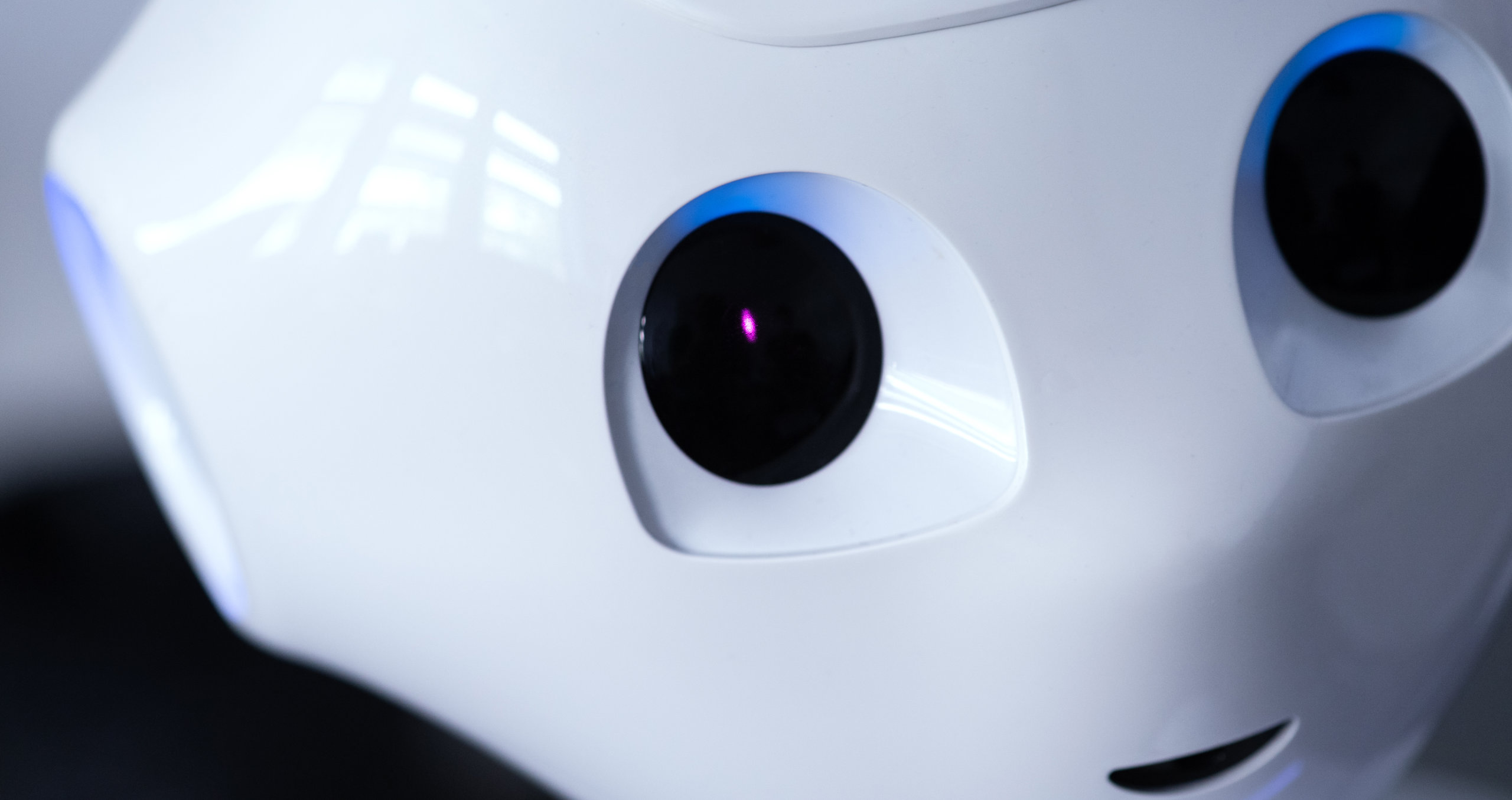


Robots are becoming ever more prevalent in society, posing questions related to their role in society in relation to humans. With this project, we aim to investigate the benefits and drawbacks of social robots in leadership roles within organizations.
This project is primarily designed for all organizations and individuals interested in exploring robot leadership and using social robots to train leadership skills.
Our vision is to explore the boundary conditions of robots as leaders and their application in training environments for existing and prospective leaders. We seek to examine the potential of robots in leadership environments and provide ethical guidelines that create a space in which robot leaders can be utilized effectively and ethically. We, furthermore, endeavor to investigate what role artificial intelligence plays in the context of robot leadership and how its practical and ethical challenges impact leadership of the future.
Robot leaders can provide a platform where complex leadership situations can be practiced consistently in safe environments without judgment or repercussions. With the inclusion of social robots in leadership scenarios, we study crucial vectors of leadership that have not been explored thus far but simultaneously are essential for a thorough representation of leadership in the digital age.
The project is being supported by the TUM Neurophysiological Leadership Lab (Principal Investigator: Prof. Dr. Claudia Peus).
Dr. Jakub Cichor, jakub.cichor@tum.de